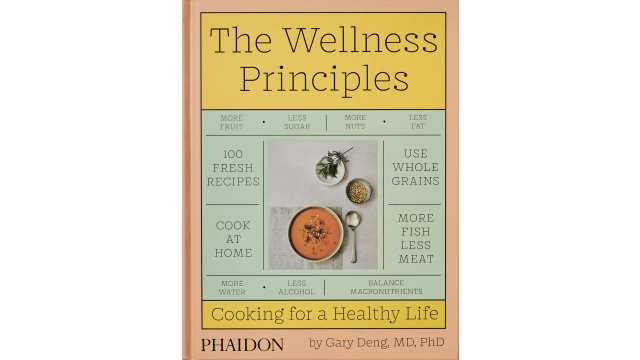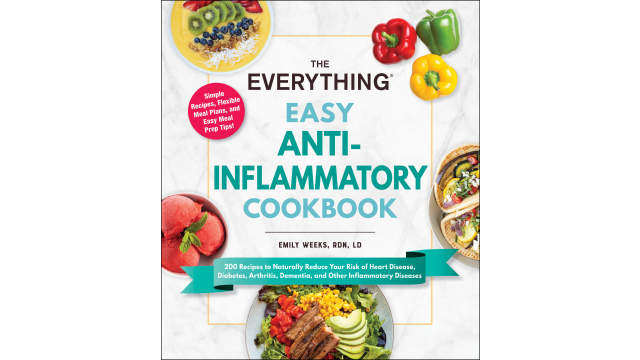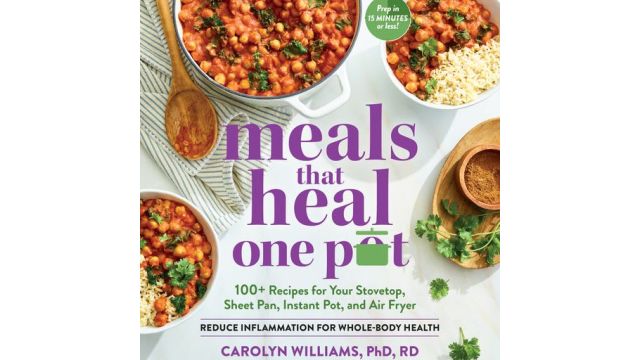Heart Health Support

In health speak, matters of the heart don’t have as much to do with romance as they have to with cardiovascular health. The heart is one of the hardest-working organs, tirelessly pumping blood through the body and supplying oxygen and nutrients for all cells to function. Heart health is crucial for the circulatory system that ensures overall wellbeing. According to the WHO, cardiovascular Disease (CVD) is the leading cause of mortality around the world taking almost 18 million lives each year. The leading behavioral risk factors for cardiovascular diseases around the globe are “unhealthy diet and lack of exercise the use of tobacco and alcohol.”
American Heart of the Matter
The high levels of heart disease prevalent in the United States make it important to prioritize heart health. Heart disease is “the leading cause of death for men, women, and people of most racial and ethnic groups in the United States.” One in four deaths in the United States is due to CAD (Coronary Artery Disease), accounting for approximately 610,000 deaths annually.
Being aware of the signs of a healthy heart greatly helps in early detection and prevention of cardiovascular issues. A steady pulse (with a resting heart rate of between 60 and 100 beats per minute) and strong circulation are also important indicators of heart health. Factors that affect heart health are:
Hypertension & high cholesterol: In 2021, hypertension was the primary or a contributing cause in almost 700,00 deaths in the United States. And about 40 percent of American adults have high cholesterol, which not only is a major factor in heart disease, but also increases the risk of stroke.
Diabetes: CVD is the leading cause of death for people living with diabetes. Good blood sugar control (levels below 100 mg/dL) help to reduce the risk of diabetes-related heart problems.
Obesity: In the US it is estimated over 40 % of adults are obese, which is a leading risk factor for heart disease. Even small amounts of weight loss can help reduce cholesterol and triglycerides and reduce your risk of heart disease.
Kanchan Koya’s antioxidant-rich Cilantro Butter Bean Veggie Stew
Foods for a Happy Heart
The best way to care for your heart is through healthy habits like exercise and eating the right foods to help reduce hypertension, cholesterol, and balance blood sugars.
The American Heart Association recommends eating plant-based, meatless meals a few times a week for better cardiovascular health. A diet rich in plant-based foods which includes fruits and vegetables and leafy greens, whole grains, and nuts and seeds can work as the cornerstone of heart health. Minimizing ultra-processed foods and foods high in trans-fat are can also protect the heart by reducing “bad” cholesterol and increasing “good” cholesterol.
Fiber-rich, plant-based foods are proven to offer antioxidant and anti-inflammatory benefits to help lower cholesterol and improve blood sugar levels and blood flow. Eating excess sugar, saturated fats found in red meat and fried foods, foods high in sodium, and highly processed bacon, sausage, and hot dogs should be minimized to support heart health.
Niacin is a B vitamin that can help lower triglycerides and cholesterol. Niacin-rich foods include brown rice, potatoes, mushrooms, green peas, peanuts, and avocados.
Nitric oxide is a vasodilator and aids in relaxing blood vessels and improves circulation. Find it ijn green leafy vegetables, beets, cocoa, pomegranates, Brazil nuts, walnuts, and olive oil.
Dietary fiber plays a crucial role in reducing inflammation and blood pressure. Go for barley, beans, quinoa, oatmeal, brown and red rice, beans, and fruits like apples and avocados. (Yes, avocados are fruits!)
Antioxidants and omega-3 fatty acids help to combat atherosclerosis or fatty deposits on arterial walls. Choose blueberries, avocados, alliums like onions and garlic, mustard, cruciferous vegetables, walnuts, chia, hemp seeds, seafood, and edamame to make your heart happy. “If you don’t eat seafood, consider talking to your PCP about a high-quality fish oil or omega-3 supplement,” recommends Roundglass nutritionist, Nadia Mahmud.
All Plant Foods are Not Equal
While the merits of a plant-based diet on supporting heart health have been well documented, it is also important to note that the right kind of plant diets are important. Whole foods, vegetables, fruits, and seeds and nuts make the cut. Health professionals and nutritionists, however, caution about the use of processed grains like rice or white bread or pasta and fats and oils high in saturated fats like palm oil and vegan butters. Excess consumption of food fried in plant oil, high calorie vegan desserts, nut butters, and snacks high in sodium can be detrimental to heart health. Eating a balanced diet and keeping an eye on portion sizes along with cooking from scratch and minimizing processed ingredients will get you on the right track.
Try Amanda Cohen's heart-friendly sweet potato niçoise
So go forth with a heart health plan that includes the right diet, regular exercise, adequate sleep, and stress management, along with regular doctor visits to check your cholesterol and triglyercides. It’s all about keeping your heart beating strong.
Key Takeaaways
- Boost heart health with diet, exercise.
- Choose foods for a healthy heart.
- Eat plant foods for cardiovascular health.





